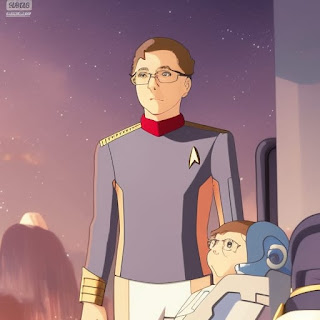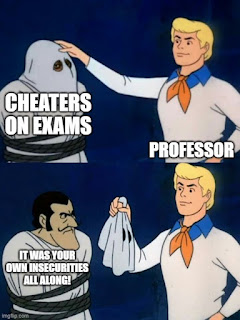Ponderings on the next degree😂😅

Part VI of my ponderings on all the things and wayfinding in academia. This is the last part of this series - at least for now. I don't know. I think it's time to move from retrospection to some kind of next phase 🤓 Anyway, I saved the most controversial topic for last hahaha 😂 OK, so before I get the rotten tomatoes🍅🪰, hear me out!😅 I am a big proponent of lifelong learning. In fact, I joke, on this very blog, that I am "Pondering what my next degree should be 😂" Go ahead, look to the top of this page, I'll wait. In case you're from the distant future and my blog's subtitle has changed, it basically said what's in the quotes, and I added this subtitle after I completed my doctorate in 2021. Anywhoooo.... where was I? Ah yes, Lifelong learning ! Since completing my dissertation and graduating in 2021, I've tried my hand at professional development through various means. I've done a month-long synchronous online workshop on coaching (one...













